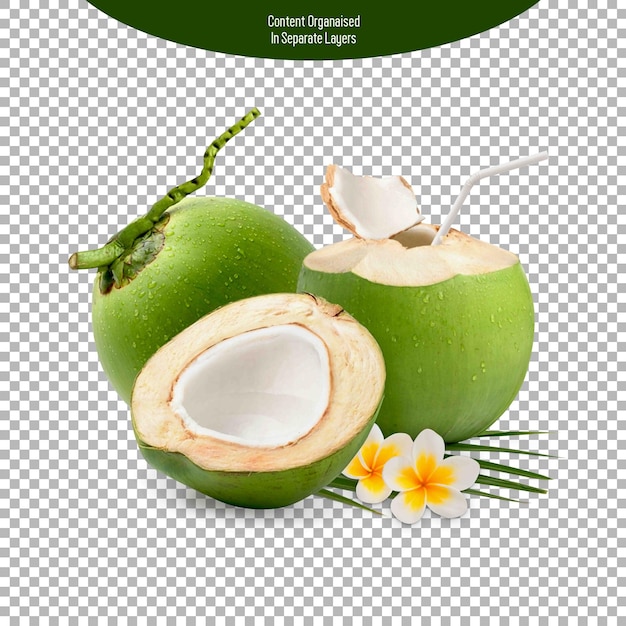Why You Should Eat Chia Seeds
Chia seeds, native to Southern Mexico, were once a staple for Aztec soldiers, who reportedly sustained themselves with just a tablespoon per day during battles. Today, these tiny seeds are celebrated as a functional food, meaning they pack a lot of health benefits into a small number of calories. They are an excellent alternative to traditional carb-loading, and endurance athletes can even “chia seed load” before major events.
Chia seeds are renowned for their high content of omega-3 fatty acids, protein, and fiber. But their benefits don’t stop there. These seeds are also rich in protein, minerals, and antioxidants. They provide a significant amount of calcium, phosphorus, magnesium, manganese, potassium, and iron. Remarkably, one ounce of chia seeds contains 2.4 times more iron than an ounce of beef liver.
Additionally, chia seeds are packed with quercetin, a potent antioxidant that helps prevent the oxidation of fats, proteins, and DNA. They also contain chlorogenic acid and caffeic acid, two antioxidants that are more effective than common ones like vitamins C and E. These antioxidants help scavenge free radicals and superoxides, preventing oxidative damage at the molecular level.
Coconut Cardamom Chia Seed Pudding
Prep time: 15 minutes
Refrigerate time: 2 to 8 hours
Serves: 6
Equipment:
Blender or food processor
Small glass containers or jars
Ingredients:
1 ? tbsp organic coconut flakes
? cup organic chia seeds
3 cups lukewarm, purified water
? tsp Himalayan crystal salt
? cup organic hazelnuts or pecans
? cup organic cashews
? tsp organic vanilla
3 tbsp organic maple syrup
? tsp organic cardamom
Organic cinnamon and chopped organic pecans for garnish (optional)
Directions:
Combine all ingredients in the blender, adding the water last. Let the mixture sit for 2 to 5 minutes to allow the chia seeds to absorb the water. Pulse the mixture until well combined, about one minute. Pour the chia seed pudding into glass jars. The pudding will be very runny at this point. Refrigerate for at least two hours, but preferably overnight, to allow the pudding to thicken.

